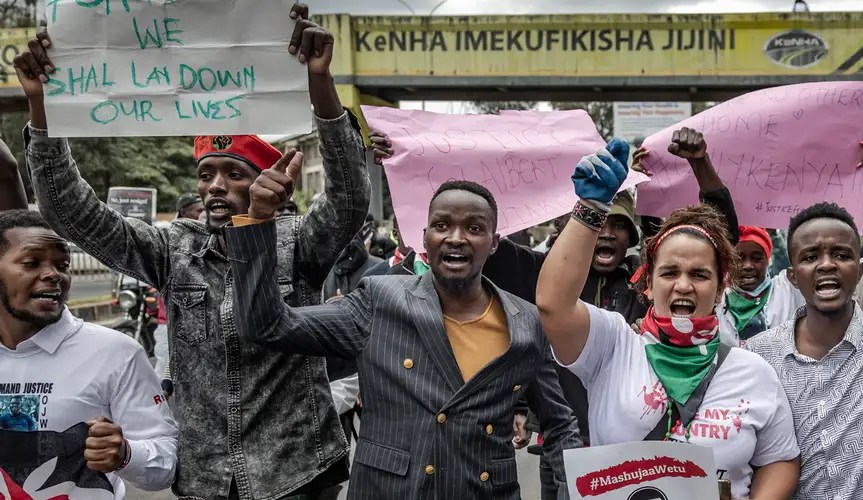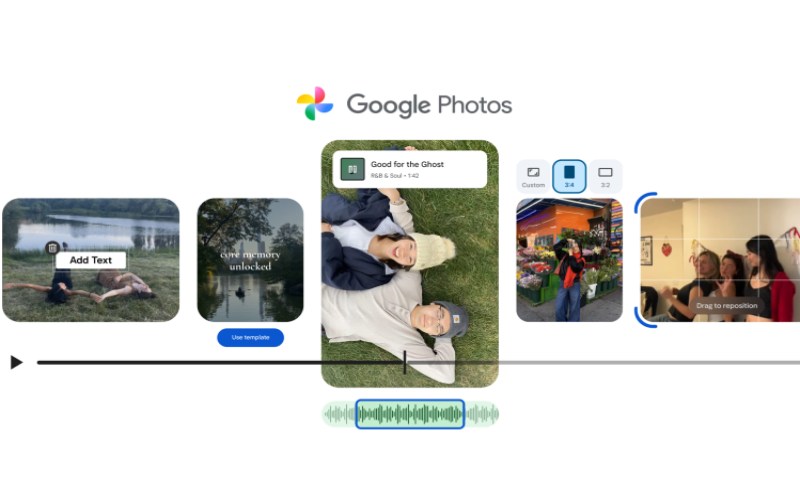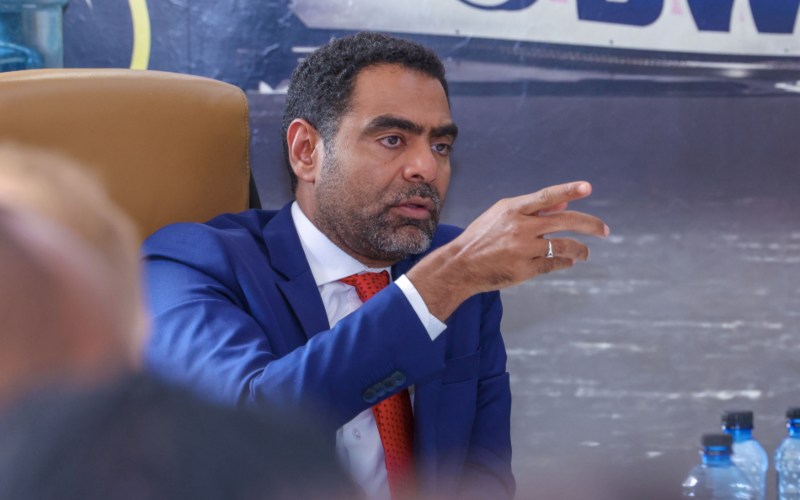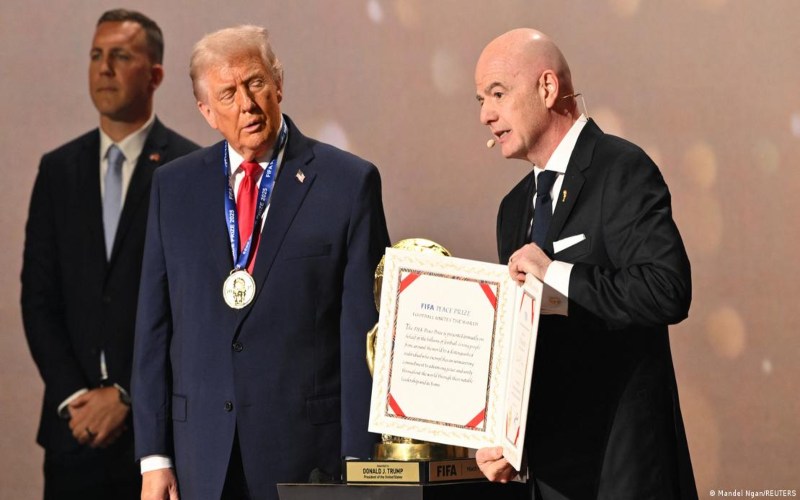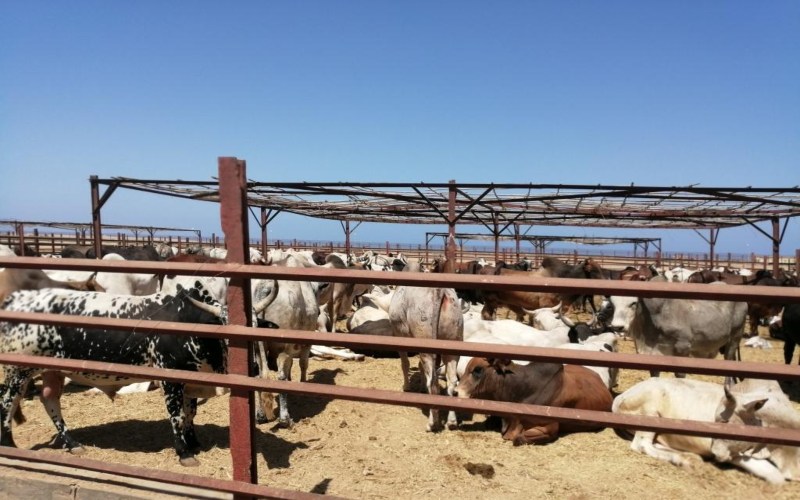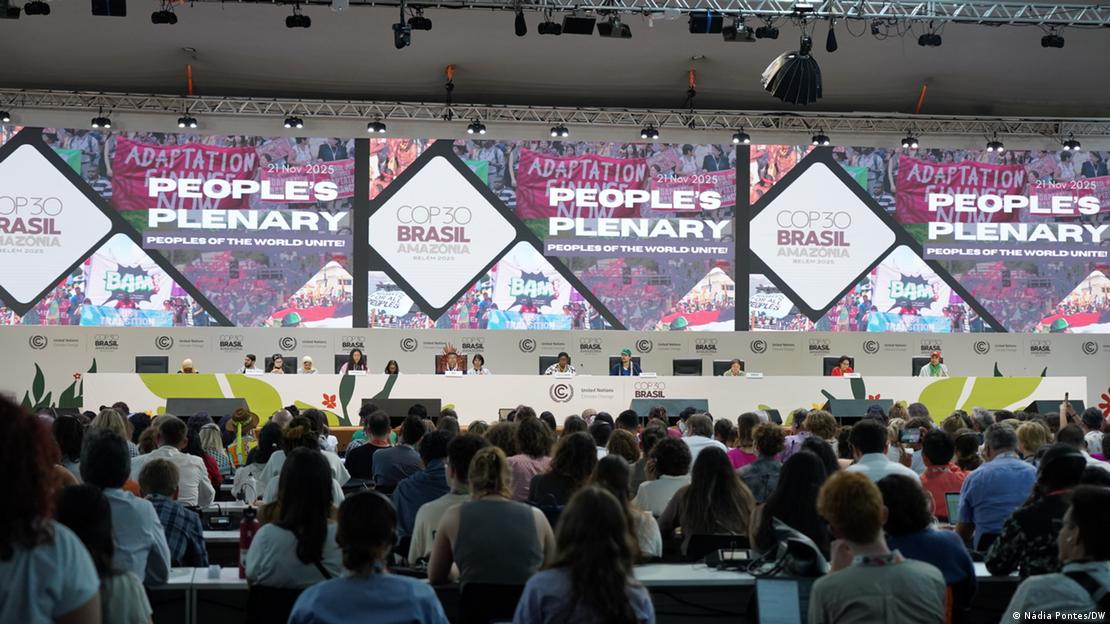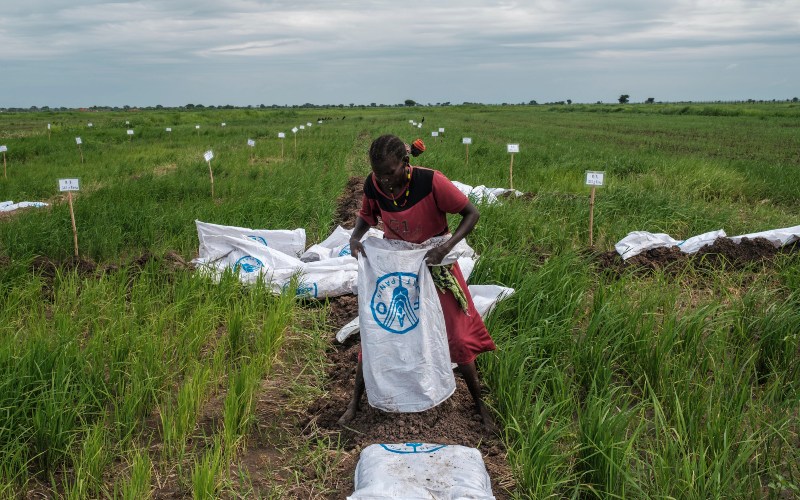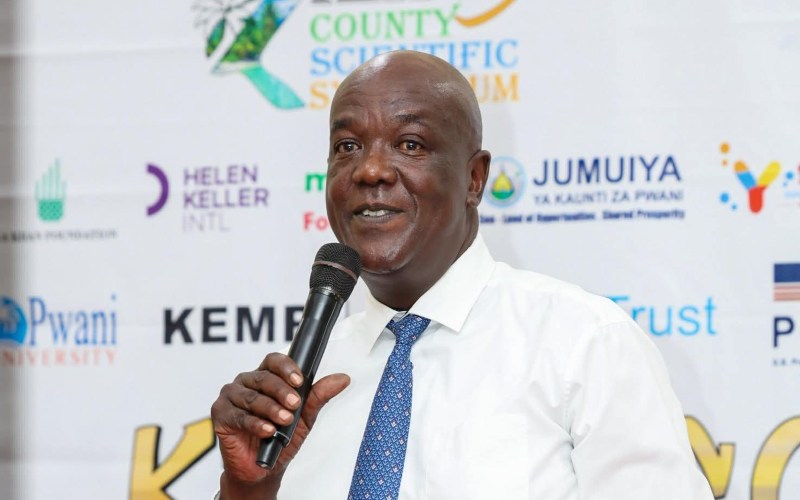Antonio Guterres leads global commemoration of International Day of the World’s Indigenous Peoples
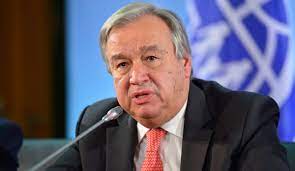
According to the United Nations, indigenous peoples are inheritors and practitioners of unique cultures and ways of relating to people and the environment.
The world marks International Day every August 9 to commemorate the world's indigenous peoples and raise awareness of their needs.
According to the United Nations, indigenous peoples are inheritors and practitioners of unique cultures and ways of relating to people and the environment.
More To Read
- Nyeri climate change activist Truphena Muthoni attempts 72-hour tree-hugging record
- UN’s Guterres vows to push for Palestine two-state solution, says he will ‘not shut up’
- UN hails DR Congo-Rwanda peace deal amid ongoing hostilities in the east
- UN Security Council begins process to appoint next secretary-general
- AU calls for Africa’s permanent seat on UN Security Council
- UN decries ‘truly horrific’ massacres in DR Congo
UN says these people have retained social, cultural, economic, and political characteristics that are distinct from those of the dominant societies in which they live.
In Kenya, indigenous people are mainly comprised of communities of pastoralists such as the Endorois, Turkana, Maasai, Rendille, Borana, Gabra, Ilchamus, and the Samburu who mostly occupy the arid and semi-arid lands of northern Kenya and towards the border between Kenya and Tanzania.
There are also hunters and gatherers such as Yaaku Waata, Awer, Sanya, Sengwer and the Ogiek.
Despite their cultural differences, the UN says indigenous peoples from around the world share common problems related to the protection of their rights as distinct peoples.
There are an estimated 476 million indigenous peoples in the world living across 90 countries. They make up less than six per cent of the world's population, but account for at least 15 per cent of the poorest. They speak an overwhelming majority of the world's estimated 7,000 languages and represent 5,000 different cultures.
Speaking at an event to commemorate this distinct category of people, UN Secretary General Antonio Guterres said indigenous peoples are guardians of ancient knowledge, defenders of cultural heritage, stewards of biodiversity, and essential to our shared future.
In line with this year's theme, Indigenous Peoples and AI: Defending Rights, Shaping Futures, which focuses on the risks and rewards of Artificial Intelligence for Indigenous Peoples, he said the AI can help preserve endangered languages and oral histories, map ancestral lands, and amplify Indigenous wisdom to fight climate change.
"But without the meaningful participation of indigenous peoples, these same technologies risk perpetuating old patterns of exclusion, misrepresenting cultures, and violating fundamental rights. We must ensure AI is developed and governed in ways that are inclusive, ethical, and just. That means removing barriers to new technologies for Indigenous Peoples, protecting their data sovereignty and intellectual property rights, and supporting their meaningful inclusion in the application of AI," he urged.
Indigenous peoples have for years sought recognition of their identities, their way of life, and their right to traditional lands, territories, and natural resources for years. Yet, throughout history, their rights have been violated.
However, today, they are arguably among the most disadvantaged and vulnerable groups of people in the world.
"On this important day, let's build a future where technology supports cultural preservation and Indigenous knowledge, protects rights and advances dignity for today and generations to come," urged Guteres.
The day was chosen in recognition of the first meeting of the UN Working Group on Indigenous Populations held in Geneva in 1982.
On his part, UN Special Rapporteur on the rights of Indigenous peoples, Albert Barume, noted that AI systems rely heavily on existing datasets, many of which reflect historical biases that have excluded, erased, stereotyped, or invalidated Indigenous Peoples and their knowledge.
"These narratives, often embedded in laws and policieshave long been used to dispossess Indigenous Peoples of their lands, self-determination, and cultural heritage. It is therefore essential that Indigenous Peoples' cosmovision, diversity, and rights are meaningfully integrated into the development of AI. Their participation must be ensured at every stage: from data collection and model training to storage, dissemination, analysis, and interpretation. Without this, AI risks becoming a tool of further exclusion and exploitation—through biased algorithms, cultural and intellectual property appropriation, and misuse of Indigenous Peoples' data," he said.
Kenya does not have specific legislation on indigenous peoples and has not yet adopted the United Nations Declaration on the Rights of Indigenous Peoples and ratified Convention 169 of the International Labour Organisation (ILO).
It has, however, ratified the International Convention on the Elimination of All Forms of Racial Discrimination (ICERD), the Convention on the Elimination of Discrimination against Women (CEDAW), and the Convention on the Rights of the Child (CRC).
The International Work Group for Indigenous Affairs (IWGIA), a global human rights organisation dedicated to promoting and defending Indigenous Peoples' rights, notes that Statistics have estimated that pastoralists comprise 25 per cent of the national population, while the largest individual hunter-gatherer community amounts to approximately 79,000.
The Indigenous Peoples of Kenya face scarcity and insecurity of land and resources, poor services, and discrimination.
Top Stories Today
